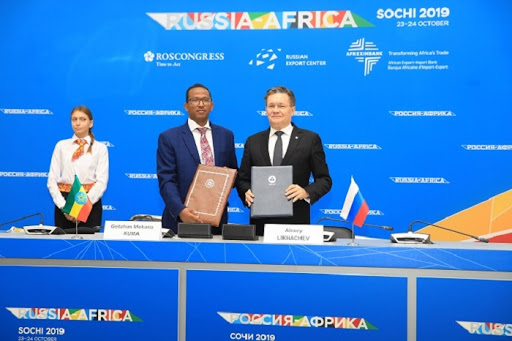 Russia’s sale of one-fifth of its state-owned oil company to Qatar and commodities giant Glencore PLC last year had an unusual provision: Moscow and Doha agreed Russia would buy a stake back, people familiar with the matter said. Russian President Vladimir Putin hailed the $11.5 billion sale of the Rosneft stake in December 2016 as a sign of investor confidence in his country. But the people with knowledge of the deal say it functioned as an emergency loan to help Moscow through a budget squeeze.
Russia’s sale of one-fifth of its state-owned oil company to Qatar and commodities giant Glencore PLC last year had an unusual provision: Moscow and Doha agreed Russia would buy a stake back, people familiar with the matter said. Russian President Vladimir Putin hailed the $11.5 billion sale of the Rosneft stake in December 2016 as a sign of investor confidence in his country. But the people with knowledge of the deal say it functioned as an emergency loan to help Moscow through a budget squeeze.
Moscow agreed with Qatar that Russia would buy back at least a portion of the stake from the rich Persian Gulf emirate, the people said. The Qatar Investment Authority and Glencore, the Swiss-based commodities giant, formed a partnership to buy the 19.5% stake in Russia’s energy jewel at a time when Mr. Putin’s government needed cash. The people with knowledge of the deal say the buyback arrangement was negotiated with involvement from Mr. Putin and the emir of Qatar, Sheikh Tamim bin Hamad Al Thani. Russia and Qatar saw it as an opportunity to build a bridge between countries that had taken up opposite sides in the Syrian civil war, the people said. One of the people said the buyback would happen in the next 10 years…
Rosneft, the world’s largest listed oil producer, is traded publicly in Moscow, but it isn’t easy to buy and sell large pieces of the company because it remains majority-owned by the Russian state and is an instrument of economic power for Mr. Putin. The people familiar with the deal said a time-limited structure and a buyback agreement for the deal worked for both Qatar and Russia.
Qatar wanted its Rosneft stake to be temporary, the people said. The emirate believes it will profit from selling the shares back to Russia at a later date, the people said, betting that oil prices will rise and push up Rosneft’s share price. Qatar saw the political benefits of giving Russia access to quick cash as a sort of loan to address a budget deficit that had widened due to lower oil prices, the people said. After the deal, a range of talks opened between Russian and Qatari businesses on a scale not seen before, Russian news agencies have reported….The deal was called the largest-ever foreign investment in a Russian company.
In an unusual arrangement, the rest of the financing was provided by Russian banks, which contributed EUR2.2 billion, and Italian bank Intesa Sanpaolo SpA, which lent EUR5.2 billion to the Glencore-Qatar consortium, according to a Dec. 10, 2016 new release issued by Glencore. The financing is “non-recourse,” Glencore said in the release, meaning the lenders couldn’t pursue Glencore and the Qatar Investment Authority if they weren’t repaid….Under the deal, the Rosneft shares aren’t held directly by Glencore and Qatar but by a U.K. limited liability partnership, according to British corporate records….
After the deal was announced, Mr. Putin awarded one of Russia’s top honors for foreigners — the Order of Friendship — to Qatar Investment Authority’s chief executive, Sheikh Abdullah bin Mohammed bin Saud Al-Thani, Intesa’s chief executive, Carlo Messina, and Glencore’s chief executive, Ivan Glasenberg.
Excepts from Russia’s Rosneft Stake Sale Had a Twist , Wall Street Journal, June 8, 2017


 Russia’s sale of one-fifth of its state-owned oil company to Qatar and commodities giant Glencore PLC last year had an unusual provision: Moscow and Doha agreed Russia would buy a stake back, people familiar with the matter said. Russian President Vladimir Putin hailed the $11.5 billion sale of the Rosneft stake in December 2016 as a sign of investor confidence in his country. But the people with knowledge of the deal say it functioned as an emergency loan to help Moscow through a budget squeeze.
Russia’s sale of one-fifth of its state-owned oil company to Qatar and commodities giant Glencore PLC last year had an unusual provision: Moscow and Doha agreed Russia would buy a stake back, people familiar with the matter said. Russian President Vladimir Putin hailed the $11.5 billion sale of the Rosneft stake in December 2016 as a sign of investor confidence in his country. But the people with knowledge of the deal say it functioned as an emergency loan to help Moscow through a budget squeeze.